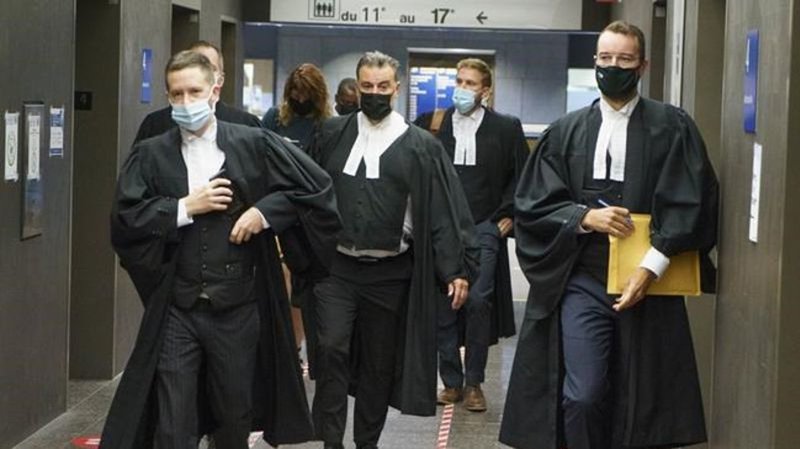
Deals to let firms avoid bribery charges may be ‘political kryptonite’: law professor
It’s been five years since Canadian prosecutors were given the tools to cut deferred prosecution deals with companies accused of corruption, but only two have been approved by the courts since then.
The legal tool known as a remediation agreement in Canada was added to the Criminal Code in 2018 and allows companies to avoid charges in exchange for admissions of wrongdoing, co-operation with investigators, payment of penalties and other commitments.
But University of Ottawa law professor Jennifer Quaid said the lengthy delays between a company’s wrongdoing and resolution via an agreement raise questions about how effective the deals are at curtailing corruption.
The delays, she said, were “striking.”
